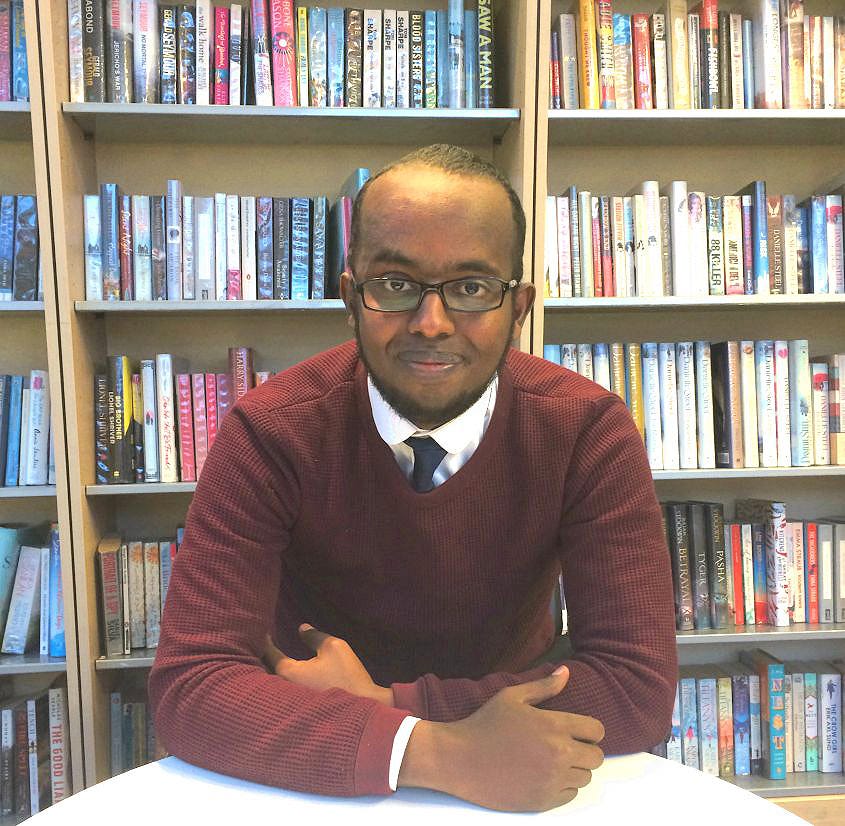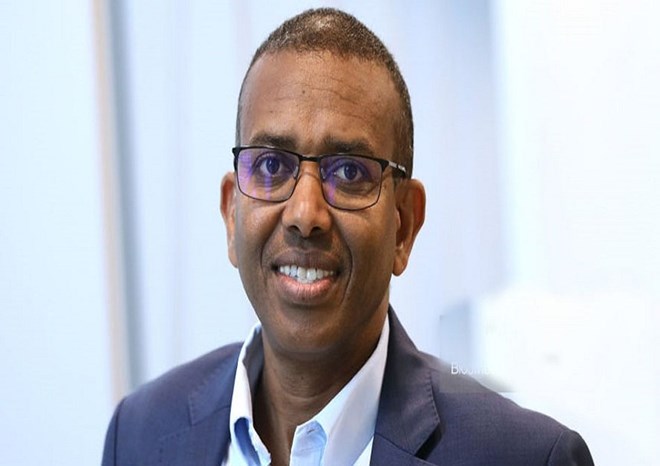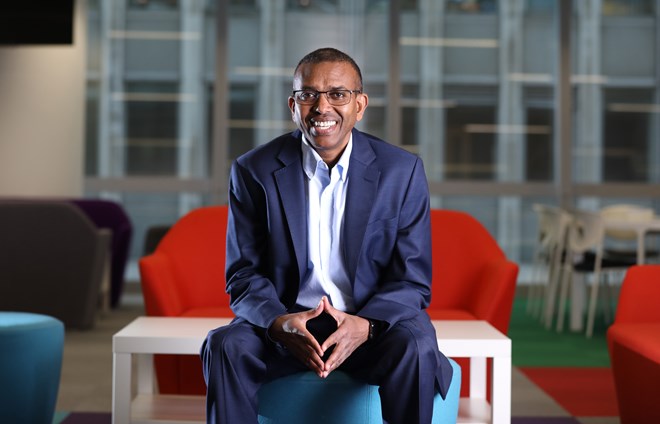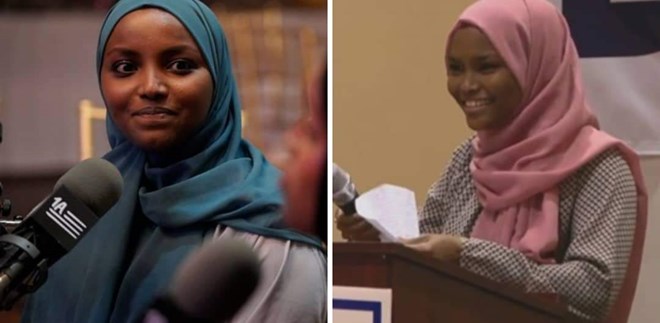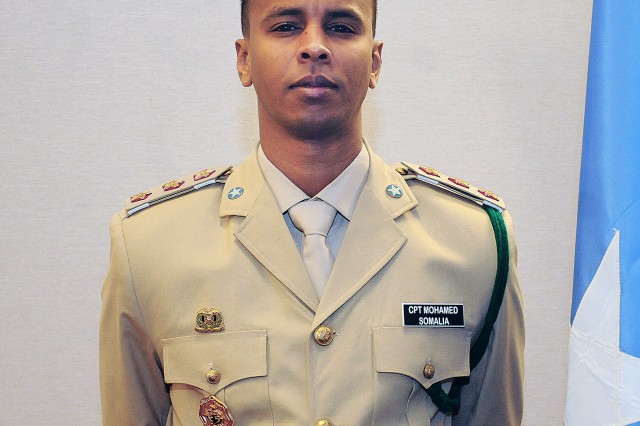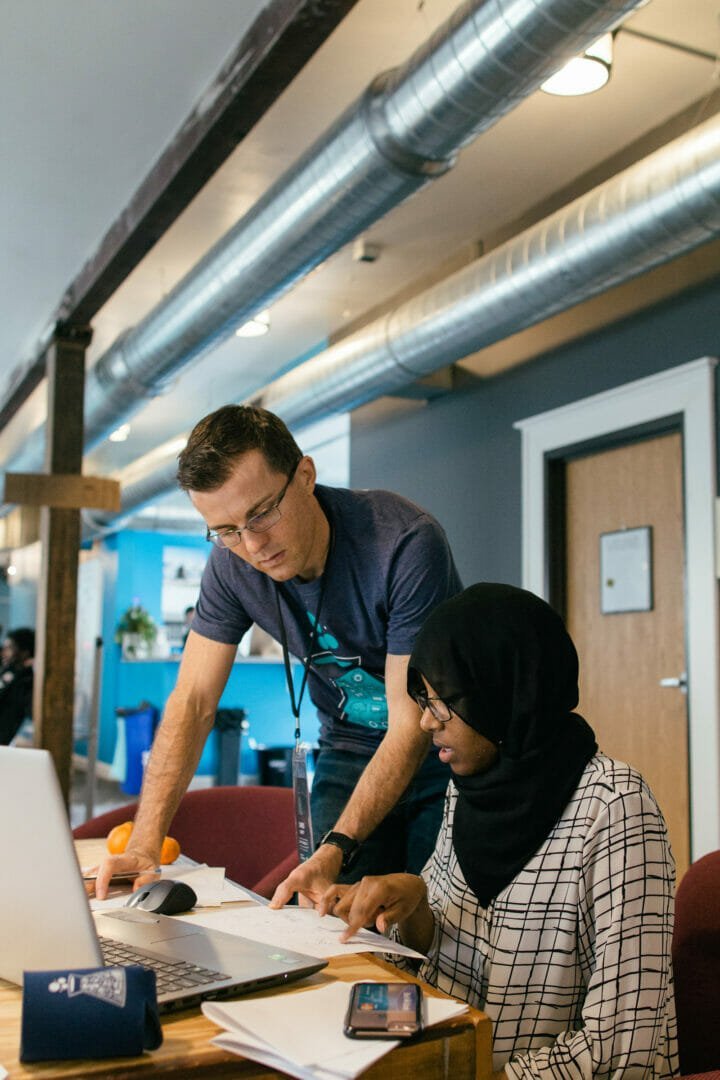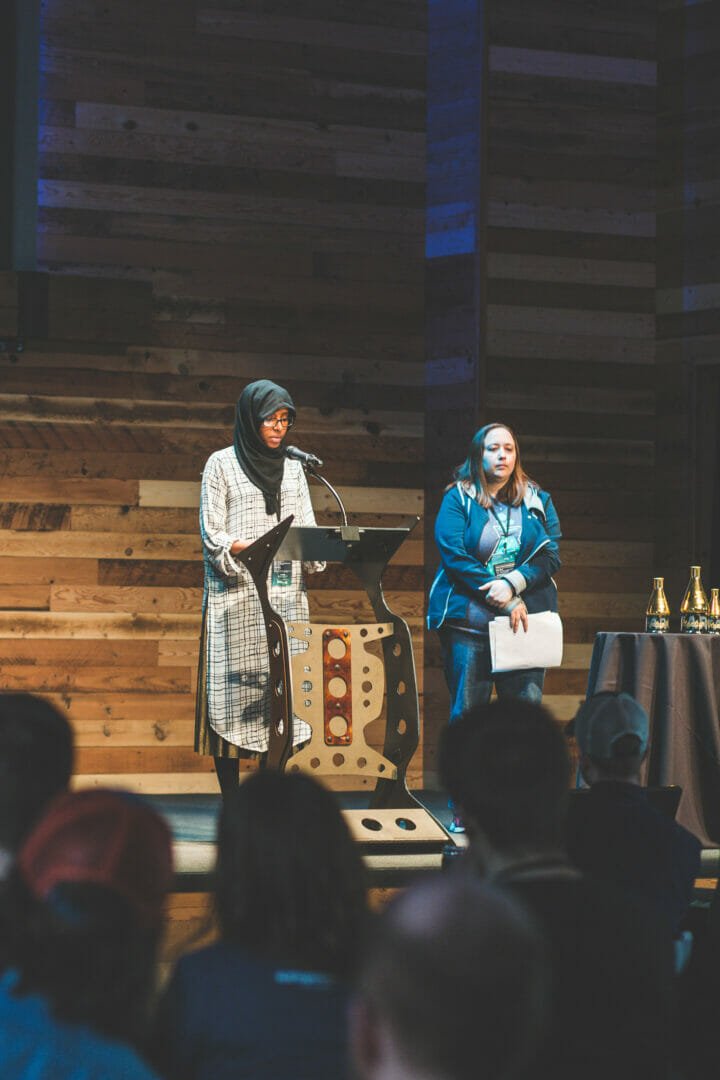A detailed version of the success of Ismail Ahmed on
@angelplan's tweet. Thanks to my brother
@land owner from Gosha who first posted on the general room.
From Somalia to picking fruits and unfair treatment at UNDP, this man has risen to become Britain’s most influential black man .
Ismail Ahmed, founder and chief executive officer of WorldRemit Ltd., poses for a photograph in London, U.K., on Tuesday, May 2, 2017. Refugee, economist, whistle-blower, entrepreneur -- Ahmed has played many roles in his odyssey from war-torn Somalia to London's fintech frontier. Photographer: Chris Ratcliffe/Bloomberg
Somalia’s Ismail Ahmed, the founder of WorldRemit – the digital money-making service – has been named the most influential black Briton.
Powerlist 2020 is a list that highlights 100 people with African, African-Caribbean and African-American heritage who are considered influential.
“It is a real privilege and honour to win this award. When I was growing up in Somaliland, I saw how money sent back home by migrants could transform the lives of individuals and entire communities,” Ahmed said.
“When I came to London to study and started to send money back home, I was frustrated by the inconvenience and cost of transferring money through traditional agents.”
In a bid to find a better and efficient way of transferring money, using compensation from the UN for exposing alleged corruption, Ahmed set up his firm in 2010.
WorldRemit is a global digital money transfer service operating in six continents designed to help migrants send money back to their friends and families. As at December 2018, valued at $900 million, the company has raised more than $375 million in investment and seen its global workforce grow to 600 employees. It now operates in 150 countries.
Before becoming a migrant, Ahmed had his fair share of challenges that stems from the civil war in Somalia in the 1980s. He witnessed the deaths and destructions caused by the war.
He journeyed arduously for a month and half to neighboring country, Djibouti and he was smuggled out in a truck to the UK. To fund his education, he had to pick fruits. “It was one of the toughest job I’ve ever done,” he said in an interview.
Recounting how tough his first day of strawberry picking was, he said: “I went back to my hostel. I fell asleep without eating or even thinking of my muddy shoes because I was so tired.”
Like many other migrants, he had multiple jobs in addition to his full time education, but what kept him going is his decision to remain positive in the face of challenges.
He kept many jobs so he could send money back home to his family. While doing so he learnt how difficult it was to send money back and that sparked his curiosity.
He started to think of better ways of sending money home at a relatively lower cost with ease hence the birth of WorldRemit.
For Ahmed, the digitization of mobile money is important because of its huge success, especially in Africa where there are over 400 million mobile money accounts.
Ismail Ahmed, CEO, WorldRemit. Pic Credit:voice-online.co.uk
“Today migrants can just send money by just taps on their phone. There are countries that suffer hyperinflation where sometimes carrying an equivalent of $100 requires a wheel barrow,” he told BBC community affairs correspondent, Adina Campbell.
Before mobile money many of our recipients were literally saving cash under the mattress, he said, but today WorldRemit is changing that with a leading technology that protects money and guarantees it arrives safely at its destination every time.
The company is licensed by government regulators around the world and maintains the highest possible standards.
The journey of becoming a successful man and topping on the list of top 100 most influential people of African or African Caribbean heritage in the UK didn’t come on a platter of gold.
Ahmed worked with the United Nations Development Programme (UNDP), where he helped run a money transfer project. He told his boss about ongoing corruption in its Somalia programme and consequently, he lost his job to uncover the fraud.
He was transferred to another office without proper visa support, and the UNDP Somalia office later told a potential employer not to hire him because of his “silly non-proven accusations”, Reuters reported.
He was later found to have been unfairly treated by the UNDP, and awarded compensation of £200,000. He went on to take an MBA course at London Business School to get a formal business education on money remittance business and through that he launched WorldRemit.
Reportedly, the company will be launched on the Stock Exchange in the next two years. With a turnover of £95 million a year, WorldRemit is planning to keep growing to take a bigger slice of the estimated $700 billion-a-year remittances market.
WorldRemit is now licenced to work in 50 US states, with New York overtaking the UK to become its biggest sending market.
To the young people from Africa and Caribbean backgrounds who want to be successful, the most influential black Briton has a word of advice: “If you don’t stay positive, you are likely to lose. Work on something you’re very passionate about.
https://face2faceafrica.com/article...to-become-britains-most-influential-black-man